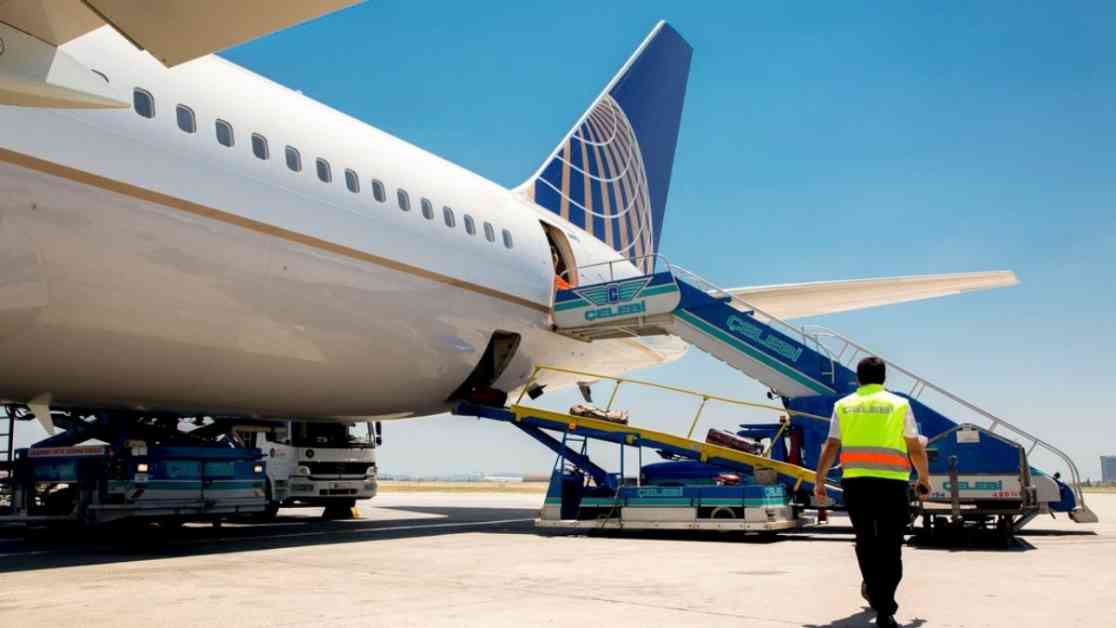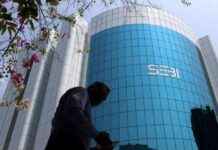The Delhi High Court recently heard a plea from Celebi Airport Services India, challenging the government’s decision to revoke its security clearance. The hearing took place on May 19, with the court scheduled to reconvene on May 21 to continue deliberations. In response to the plea, the HC emphasized the importance of prioritizing safety over taking unnecessary risks, stating, “The rule is better safe than sorry.”
Representing the Central government, Solicitor General Tushar Mehta raised concerns about national security implications associated with Celebi Airport Services India. Mehta emphasized the need for constant vigilance, noting that while the enemy may only succeed once in ten attempts, the country must maintain a flawless track record. He stressed that in matters concerning civil aviation and national security, there is no room for compromise or leniency, stating, “In cases of civil aviation and national security there cannot be a doctrine of proportionality.”
Celebi Airport Services India, through Senior Advocate Mukul Rohatgi, highlighted its seventeen-year track record of incident-free operations in India. The company expressed surprise at the sudden revocation of its security clearance without prior notice, emphasizing that it has consistently adhered to all regulations and protocols. Mehta, on the other hand, justified the government’s decision by pointing to potential security risks posed by individuals affiliated with the company who have access to critical airport and aircraft facilities. He cited concerns outlined in the Aircraft Security Rules, particularly Rule 12, which allows for the cancellation of licenses in cases of perceived threats to national security.
Celebi Airport Services India’s plea comes in response to the Bureau of Civil Aviation Security’s decision to revoke its security clearance on May 15, citing national security interests. The company clarified that while its shareholders are based in Turkey, a majority of its ownership and control lies with internationally recognized entities that are not of Turkish origin. The revocation coincided with Turkey’s public support for Pakistan and criticism of India’s military actions following the Pahalgam terror attack.
In the midst of these developments, the Delhi High Court serves as a crucial arena for resolving the dispute between Celebi Airport Services India and the Indian government. The outcome of the upcoming hearing on May 21 will likely have far-reaching implications for the company’s operations in India and the broader aviation industry. As the legal battle continues, both sides will need to present compelling arguments to support their respective positions and address the complex issues at hand. The case underscores the intricate balance between national security concerns and the business interests of foreign entities operating in India, raising questions about the broader implications for international relations and regulatory frameworks in the aviation sector.























